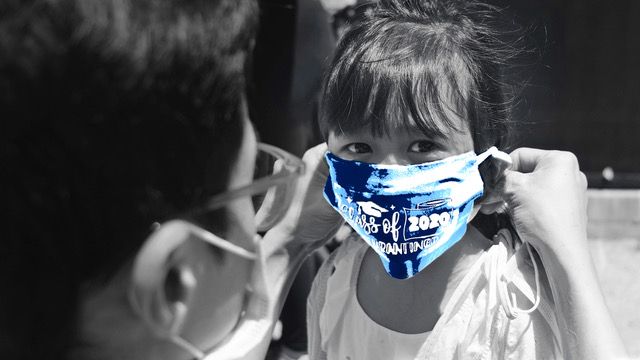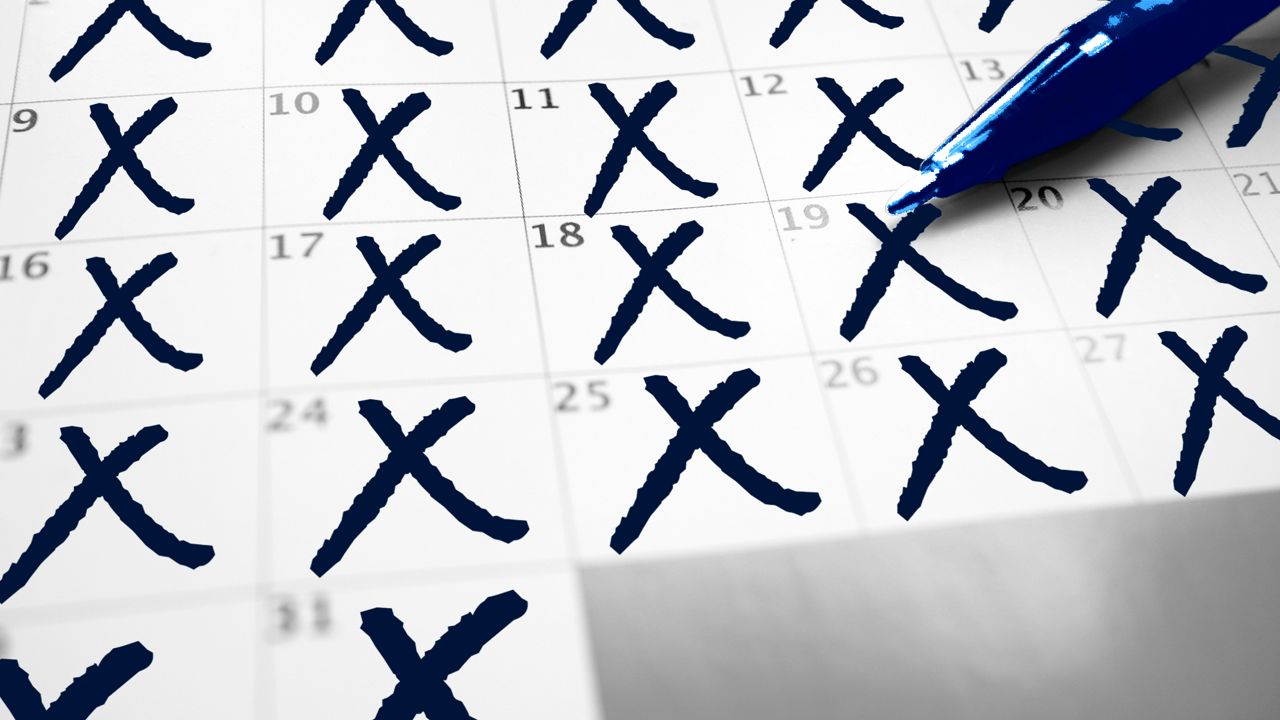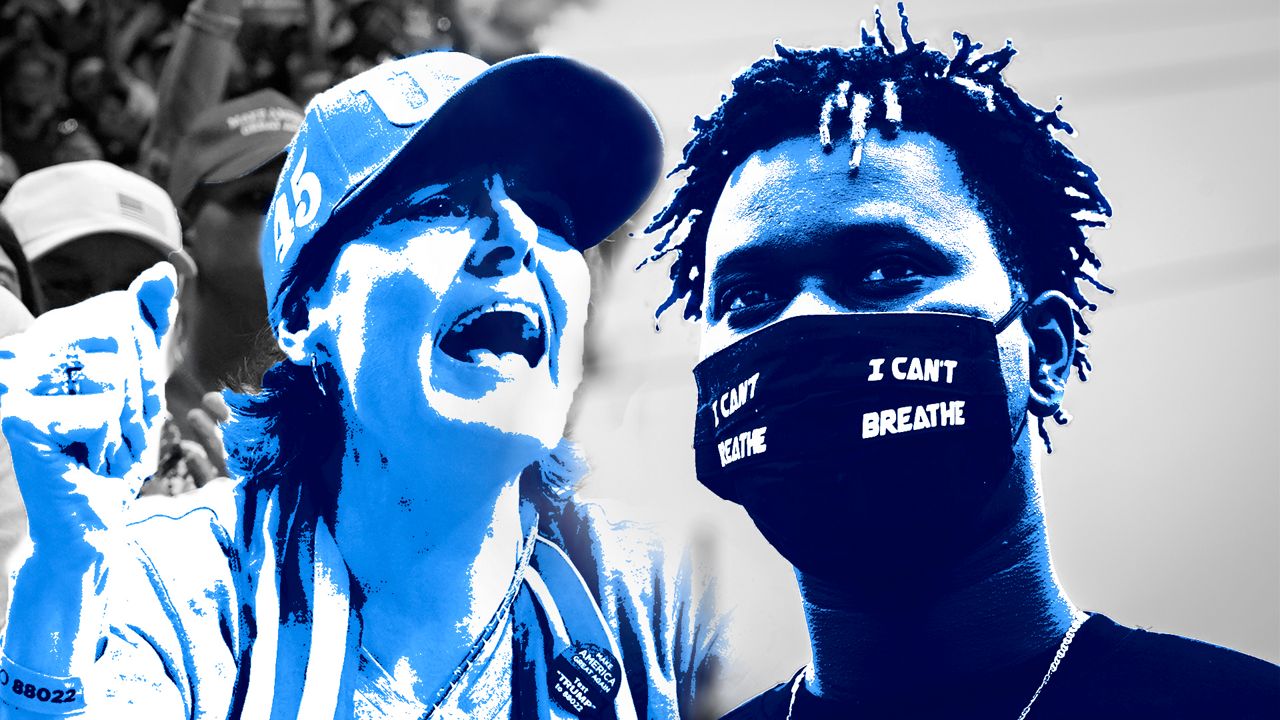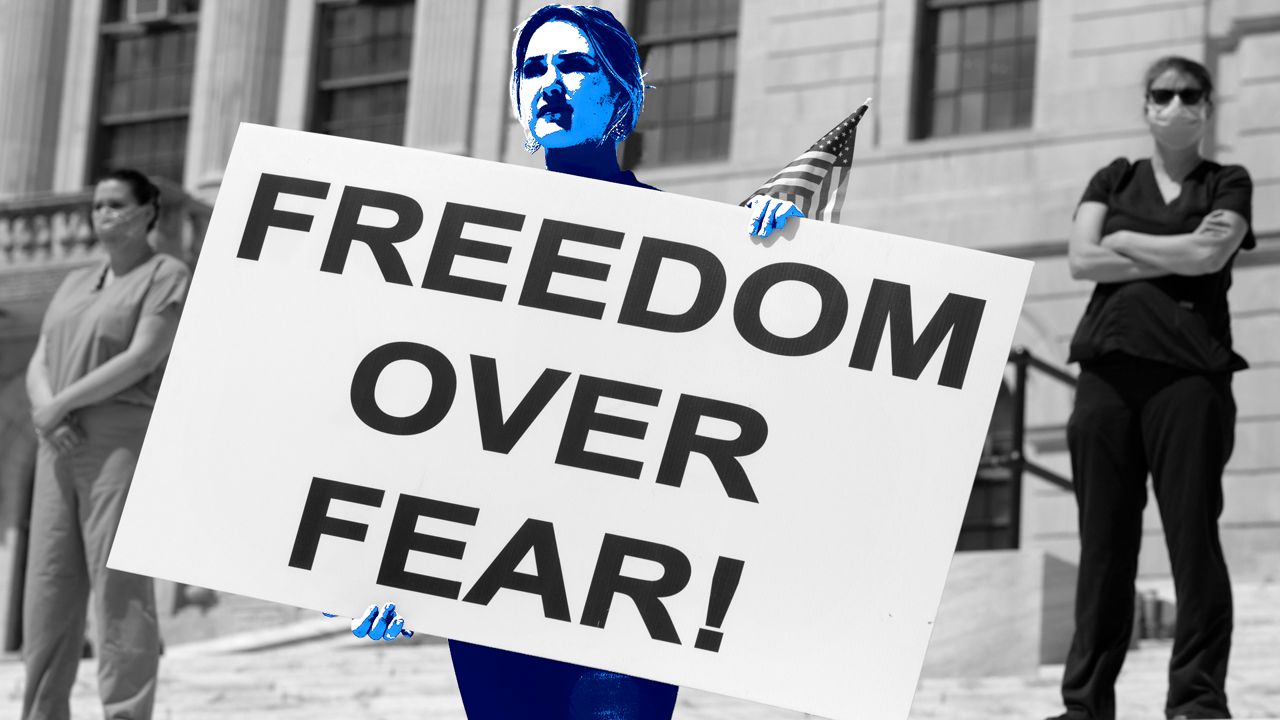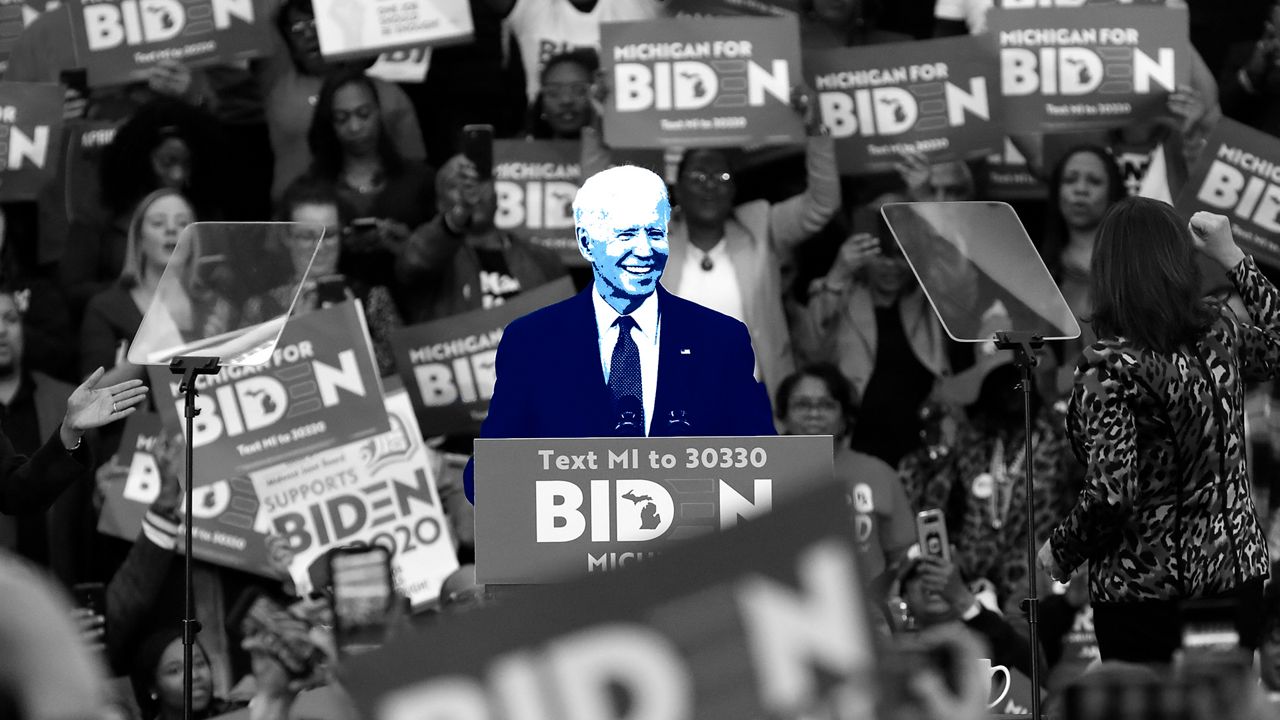NOTE: This story is part of “Together/Alone,” a column from Spectrum News Chief National Political Reporter Josh Robin that explores life during the COVID-19 pandemic.
In our brave new world, Zoom calls are often a source of anxiety. So turn that Zoom call into a Zoom town hall meeting – on schools this fall – and you might have a full-blown panic attack.
On a recent night, there was the local superintendent on the laptop perched between my wife and me. She was off-center in what appeared to be her living room, fielding questions lobbed at her like only anxious parents months into quarantine and weeks from school (online? in-person? hello?!) can do.
The fact is that for many of us, there aren’t answers now - just best guesses. All blueprints are written in #2 pencil. Schools around the country are making plans to reopen, or resume remote learning, or, like in New York City where I live, eyeing an unprecedented hodgepodge for the fall. After that? We just don’t know.
There are, of course, no shortage of strong opinions on schools reopening. I sought out someone I knew to be soothing and smart, even if, like everybody else, that person didn’t know exactly what the future holds. I called Dennis Walcott, the former New York City Schools Chancellor. Since the pandemic started, he’s advised both Governor Andrew Cuomo and Mayor Bill de Blasio – which shows you something about how people respect him, because Cuomo and de Blasio can barely stand each other. Walcott is now President and CEO of Queens Public Library in New York City.
I reached Walcott one afternoon as he was cooking for his daughter and grandkids, who are public school kids and staying with him in Queens, NY. The conversation is edited for brevity and clarity.
Josh Robin: What advice would you give to parents right now?
Dennis Walcott: The key thing is to listen to the health professionals. Any education department needs to listen to what their local health departments are saying as far as the number of cases and the safety of what's happening in their particular district.
Employers also have a responsibility to be very conscious of their workforce.
Throughout the country, a number of teachers who have been in the system for a long period of time may say they don't feel comfortable going to school. There are unions talking about the potential of strikes. I think we need to be very conscious of the flexibility that's required around the workforce.
I don't think it's possible to predict what September will look like. Anything can change based on this disease. And so I think we as employers, we as parents, grandparents and most importantly, the children and the staff of the school systems have to be very flexible.
There isn't any right answer at this particular point in time.
JR: The federal government has been adamant about opening schools. Aside from the bully pulpit, what effect can that have when it comes to federal funds?
DW: I'm not sure they can do too much. They can do something positive in that they can provide more federal funds to support schools. And I think that's part of the debate that's taking place now. I mean, just the requirements alone, PPE supplies, are going to be tremendous. The transportation network -- trying to make sure that bus systems are responsive.
"Oh schools should be open." Sure, we all want schools to be open. I mean, that's a given. But at the same time, based on the lack of predictability with this disease, and the rates that are just skyrocketing across the country and a number of states, I think we have to be very responsible to make sure we provide safety for our staff and our students. And that's going to require a variety of different models that may change within the school year.
The federal government shouldn’t be talking about penalizing schools. It should instead encourage and reward schools that are as flexible as possible.
JR: What advice would you give for parents of how they should talk to their kids?
DW: Children read what's going on. Children hear what's going on. Children see what's going on. And we should never take our children for granted that they're not aware of what's happening in the world.
Parents and community members have a responsibility to have regular, honest dialogue with our children. I think with that the children will be able to tackle it. Even with mask wearing. I know some people may have objections for one reason or another. I think the reality is that we're in a new world right now – and I've seen a lot of children in my neighborhood and throughout the city who are very comfortable wearing a mask. I see my four-year old-granddaughter who's comfortable with wearing her mask.
This is a part of what we have to go through, just like – I'm way older than you – when I was in elementary school, I knew that when the alarm went off, it was a drill for us to hide under our desks because it was preparing us for a potential attack from Russia.
Reality is different right now. And I think we have a responsibility as adults and as teachers and parents to make sure we have honest, frank discussions. Without scaring the crap out of them.
JR: Outdoor learning – there’s been talk about setting up tents for classrooms in parks, or closing streets or schoolyards. Is it workable?
DW: I don't know if it's a solution on a permanent basis. I think it's nice to have that alternative model available for occasional things. But over the last three days here in New York, it’s been 95 degrees and unbearable outside. September still can get very hot. And what happens when you go into winter?
Then you're going to have to make sure you have put the protection out there in neighborhoods – not even necessarily about crime – just people gawking, people coming up. How do you isolate that?
JR: The pandemic has exposed some big gaps between haves and have nots. What have you learned when it comes to the inequities that are inherent in the school system?
DW: One of the key things is access to the Internet and access to equipment that allows you to conduct remote learning in an equitable way.
I think the challenge has been the ability to access that information and making sure that there are supports in place for the parents and students who may not have that access. I also think that requires private companies to step up.
It's not just an urban issue. It's a rural issue as well. You have a number of areas that are totally disconnected. One of the people on the [state] task force was telling a story about someone up in the North Country, in [Upstate] New York, where they literally have to take a boat across the river to get Wi-Fi access. And that's unacceptable in this day and time.
JR: We all agree that there is no substitute for in-school learning. Some argue that older generations are sacrificing those who are younger, depriving them of their education. Aren’t there inherent risks in life?
DW: I don't see it being sacrificed. It goes to how we develop models that adapt to the environment that we're in. So let me push you for a second. If you have students in school, what is the psychological trauma on the staff and the students if someone does test positive? Will students be able to learn properly, if they're in school and if the staff and the students are constantly looking over their shoulder at who tests positive?
I think we have to mature as a country and as our society around the virus itself and establish our own comfort threshold.
I don't know if we're there yet.




